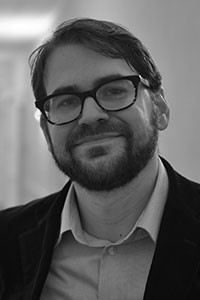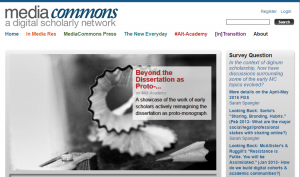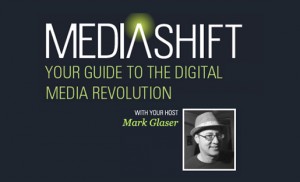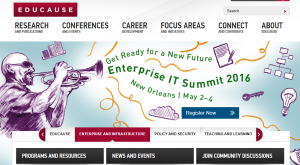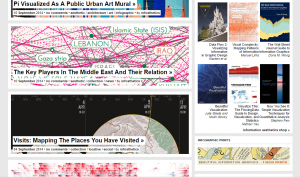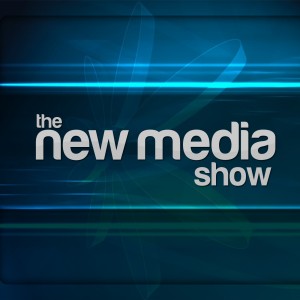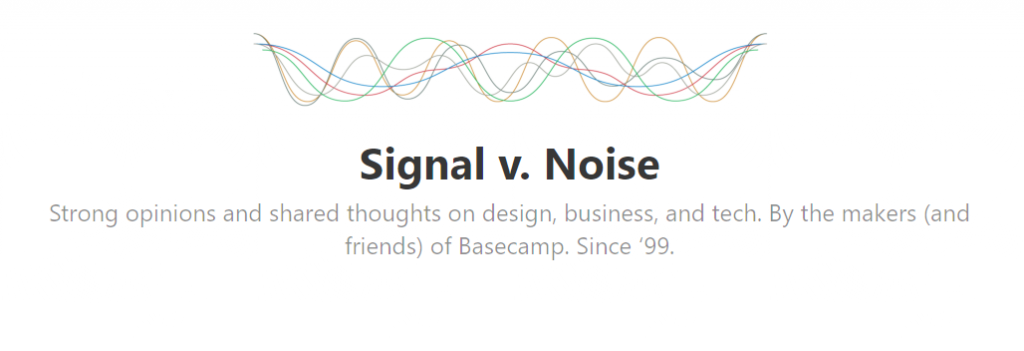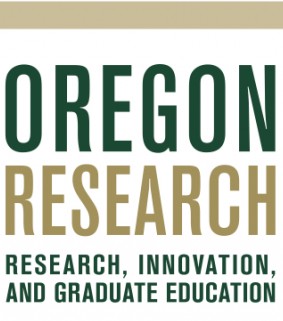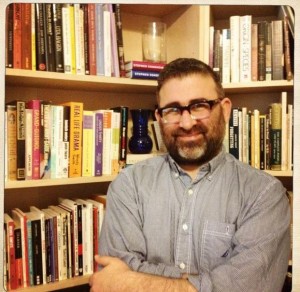Workshop Convenor: Dr. Gabriella Calchi-Novati (Institute of Philosophy, Research Centre of the Slovenian Academy of Sciences and Arts, Ljubljana)
Email: calchinovatig@gmail.com
 According to Foucault, ‘biopolitics’ is that direct and immediate correlation between politics and life, when life is understood in its strictly biological sense, a practice that from the second half of the eighteenth century has become increasingly more restrictive and controlling. While it can be argued that biopower acts in order to preserve and enhance life, via medical and scientific knowledge, in institutions such as hospitals, schools, hospices, and so on; the issue of biopolitics is complex and extremely problematic, for it escapes the ethical paradigm of right versus wrong.
According to Foucault, ‘biopolitics’ is that direct and immediate correlation between politics and life, when life is understood in its strictly biological sense, a practice that from the second half of the eighteenth century has become increasingly more restrictive and controlling. While it can be argued that biopower acts in order to preserve and enhance life, via medical and scientific knowledge, in institutions such as hospitals, schools, hospices, and so on; the issue of biopolitics is complex and extremely problematic, for it escapes the ethical paradigm of right versus wrong.
Already in the theoretical dispositif proposed by Foucault, there surfaces a clear antinomy: the process of enhancement of life cannot be separated from its counter effect, namely the destruction of life. In other words, when power intervenes in people’s lives, the result is that one form of life is considered to be more privileged than another, or if not privileged, different from a political perspective.
Over the past twenty years, there has been a marked growth in research in the area of biopolitcs, suffice it to consider the work of Italian philosophers such as Giorgio Agamben, Antonio Negri, Maurizio Lazzarato, and Roberta Cavarero, to name but a few. In agreement with Agamben’s main claim that life in our contemporaneity is caught in a state of indistinction, such an indistinction could be envisioned as residing in-between what performance studies scholar Diana Taylor calls the archive (i.e. written and tangible text) and the repertoire (i.e. ungraspable spoken language).
The concept of indistinction is evident also in the fact that a hybrid realm has now replaced the digital realm in which representation should have no live consequences. Such a hybrid realm, on the contrary, produces live (i.e. concrete and tangible) consequences, while still happening, for the most part, within digital environments (i.e. the Internet, Facebook, Twitter, Instagram, Youtube and so on). The difference between life and the representation/performance of life itself has thus become uncertain, unstable and constantly questionable.
Considering that contemporary political and social events happen, for the majority of us, within that hybrid realm, the commonly accepted biopolitical paradigms need to be re-thought in the light of what might be called digital biopolitics or biopolitics 2.0.
Proposals are invited that both directly speak to the theme of the workshop, namely digital biopolitcs, or that more broadly address the dialogue between biopolitics and performance studies.
The purpose of this workshop is to explore, from critical perspectives, the biopolitics and performances of the digital, and their consequences on reality, in order to foster synergies and interdisciplinary exchange between academics and research students. The workshop welcomes participants from all disciplines, including (but not limited to) political philosophy, performance studies, cultural studies, anthropology, sociology, geography, visual culture and digital humanities.
Possible areas of investigation could include, but are not limited to:
- Biopolitics and the Digital
- Performance Biopolitics
- Performances of Digital Identities
- Selfies & Terrorism
- Suicide & Facebook
- Revenge Porn
- Digital Geopolitics & Biopower
- Wikileaks
- The Anonymous
- ‘Virtual Jihad’
The above list is intended to be illustrative, not at all exhaustive, of some of the areas where the relationship between biopolitics, the digital and performance occur.
Please submit your abstract (300-500 words) and a short bio to the convener, Dr. Calchi-Novati(calchinovatig@gmail.com) by Friday 15th May 2015.
Participants will be notified by the end of May.
Please note that participants will be asked to submit papers (app. 8-10 pages in length) not later than Monday 17th August. All papers will then be circulated amongst participants and the main themes for discussion will be identified. This will allow for a more informed critical exchange during the workshop itself.






